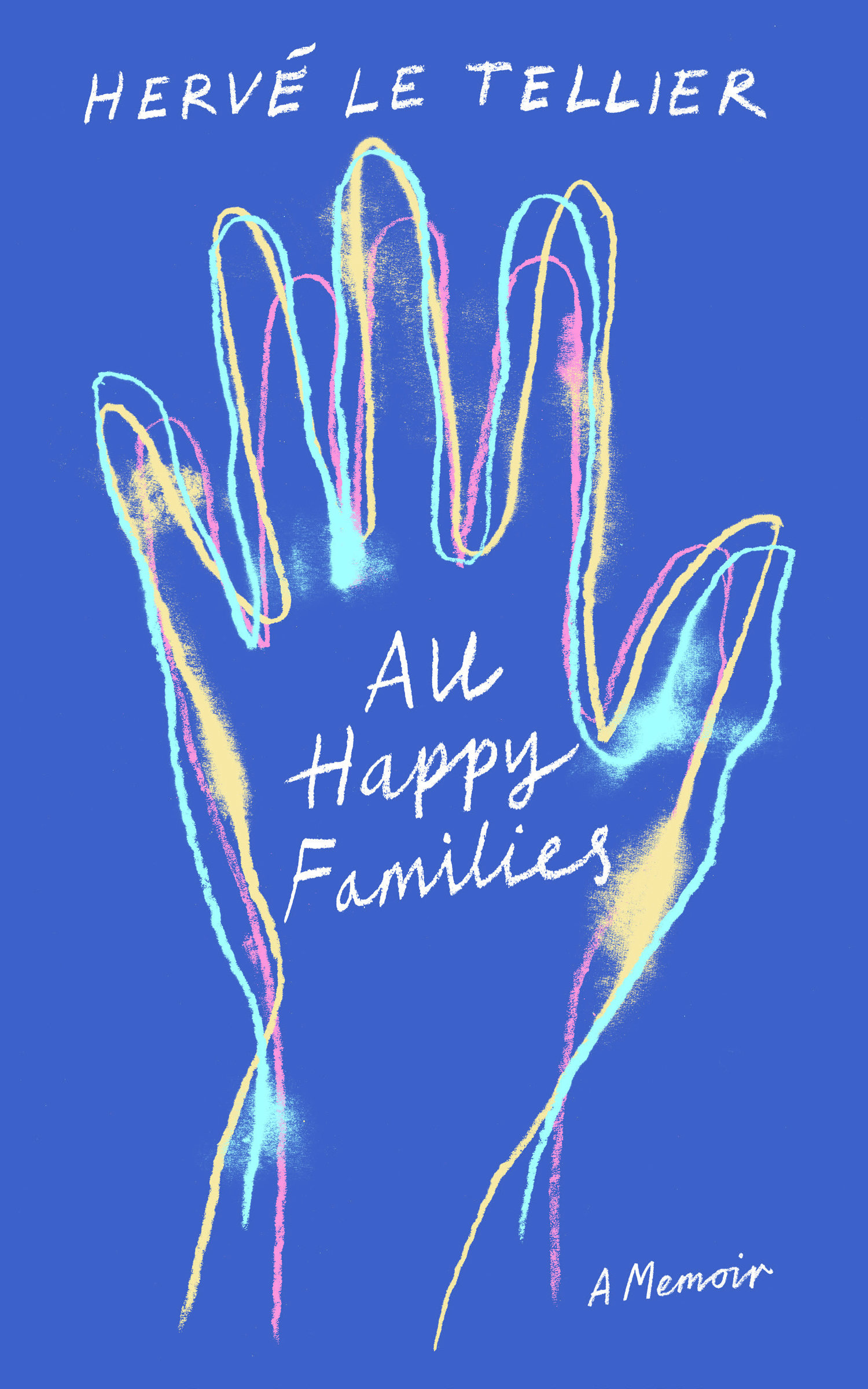• ONE•
DIALECTIC OF
A MONSTER
Listen to your father, who gave you life,
and do not despise your mother when she is old.
PROVERB S 2 3: 2 2
So, apparently it’s scandalous not to love your parents. Scandalous to wonder whether you should be ashamed because—despite your youthful efforts— you failed to find in your heart such a commonplace feeling as filial love.
A child’s indifference is forbidden. Children are forever imprisoned by the love they spontaneously feel for their parents, whether the latter are good or cruel, intelligent or stupid, in a word, lovable or not. Behaviorists call these widely acknowledged, indisputable manifestations of affection “imprinting.” An absence of filial love not only is an insult to decency, but also stabs in the back the edifice of cognitive sciences.
I was twelve years old. It must have been eleven o’clock in the evening and I was not yet asleep, because it was one of those very rare nights when my parents had gone out to dinner. Left alone, I was meant to be reading, probably Isaac Asimov, or Fredric Brown, or Clifford D. Simak.
The telephone rang. My first thought was: it’s the police, there’s been a car crash, my parents are dead. I say “my parents” to simplify (you should always simplify), because I actually mean my mother and stepfather.
It wasn’t the police. It was my mother. They were running late; she wanted to reassure me.
I hung up.
It occurred to me that I hadn’t been worried. I’d imagined their demise with no feelings of panic or sadness. I was amazed to have so quickly accepted my status as an orphan, and appalled by the twinge of disappointment when I recognized my mother’s voice.
That’s when I knew I was a monster.
I was informed that Serge had died one sunny afternoon. Serge was my father, my actual father. I was being driven to the Manosque literary festival. I remember that, as well as the driver, the car contained at least the poet Jean-Pierre Verheggen and the writer Jean-Claude Pirotte.
My cell phone rang; I didn’t recognize the number and picked up. It was my sister. I say “my sister” when she is in fact my half sister, even though I’ve never been definitively conscious of having a half sister. She is seven or eight years younger than I am, the fact that my stepfather has adopted me means we don’t have the same family name, and we must have met half a dozen times in our lives. Still, I did at some stage realize that she had burdened me with the heroic, mythologized mantle of the faraway big brother, an imaginary ceremonial garment that made me her brother while nothing succeeded in making her my sister. But I’d decided against pointing out this deceptive and elementary psychological truth to her. It was several years since we’d last spoken.
“Our father is dead,” she said.
I watched the Provençal landscape spool past along the freeway, and found nothing to say in reply.
She and I both experienced a form of paternal absence, because I had never really known him, while she had left our father’s house when she was fifteen to move in with her mother, and had rarely seen him since. In fact, this missing “father” compartment in both our lives was the only concrete subject of our very sporadic conversations. The difference between us was that I’d ended up resigned to his absence but she, who had spent her childhood with him, had never managed to come to terms with it and it pained her. On this particular morning, what she had actually lost was our absence of a father.
“Our father’s dead,” she said again.
“Really? When did he die?”
I was aware of silence settling over the car. That’s often the effect you get with the word “die.”
She told me briefly that he had been taken to the hospital for breathing difficulties, that his condition had deteriorated and he had died of an embolism in the night.
I made inquiries about practical details, the date and place of the funeral. I thought of offering her my condolences, but that seemed rather indelicate. I feigned sadness for another good minute, then hung up. Jean-Pierre Verheggen was watching me with some concern.
To reassure him, I said, “It’s nothing. My father’s dead.”
Jean-Pierre laughed and that’s when I knew I was a monster.
Excerpted from All Happy Families by Hervé Le Tellier, published by Other Press on 26 March 2019. Copyright © Hervé Le Tellier. Reprinted by permission of Other Press.


